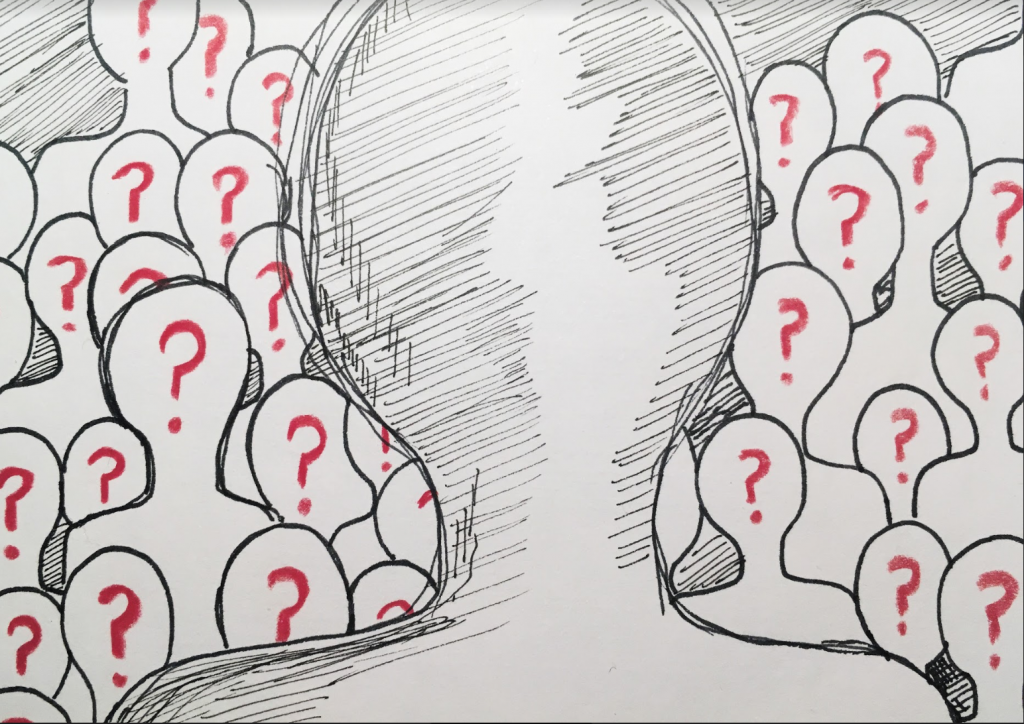In today’s society, we don’t view a stranger as the literary definition of someone who is unfamiliar to us. Rather, as someone we should be cautious or even afraid of. But why is this? Why are we naturally suspicious of people that we know nothing about?
Maybe it’s for that exact reason. We don’t know anything about them. But then, they don’t know anything about you either, so should they be wary of you? If I was asked this, I would say no, without hesitation. I wouldn’t be able to think of a single reason that someone on the street should be wary of me. I’m sure everyone would confidently say the same about themselves, but we would all hesitate to say that about a person we didn’t know.
Since we were kids, we’ve been taught about ‘stranger danger.’ We are not to approach, talk to, or go anywhere with people we don’t know. And these are the exact lessons we should be taught. Not everyone is to be trusted. But in reality, these lessons teach more than just that. They teach us that no stranger whatsoever should be trusted.
Of course, there are exceptions. Police officers, security guards, moms with their kids: certainly they’re most trustworthy than others. These are the people we are told to find if we get lost or if we need help. Otherwise, we’re taught to stay in the same place, and wait for our parents to come back and find us. This mindset is so deeply ingrained into us from an early age, that it influences how we act and think throughout our lives.
In most cases, we have absolutely no reason to interact with strangers. We all have phones and people who are familiar and trustworthy are just a call or text away. We have the internet to find directions or train times. We even buy our tickets online. When we walk onto a bus, we head towards a free seat, pop in some earbuds, and wait until we get to our stop. Thus, we rarely strike up a conversation with a stranger.
Maybe it’s the influence of modern day media. We have more access now than ever before to find out every detail about even the most insignificant events. But at the same time, stories of mass shootings, terrorism, sexual harassment, and political scandals dominate news networks every single day. While in many ways this mass media has desensitized us, it constantly alerts us that something could go wrong. We are surrounded by so much negativity that it clouds how we look at our own cities, our own towns. Now, people that we simply haven’t met, are often redefined in our minds as a threat.
Have we really struck the right balance? Why should we immediately distrust someone, on the grounds that we know nothing about them? Shouldn’t strangers should be something of interest to us? When we are waiting in a queue, what could the person in front of you tell you about the movie you’re about to watch, the mountain you’re about to ski, the vacation you’re about to fly off for? Brandon Stanton’s “Humans of New York” is a bestselling collection of stranger’s stories in one of the world’s most diverse cities. It shows us that there is always something to learn, something to laugh about, or something to share with a stranger. But we don’t take the opportunity to do this. Maybe we should.
Olivia Gondris
staff writer
Graphics: Maraea Garcia


Very impressive. I’m writing an essay for my school about why children shouldn’t trust people simply because they’re in higher authority then them, and I found this with a stranger danger google search. Nice work Olivia!